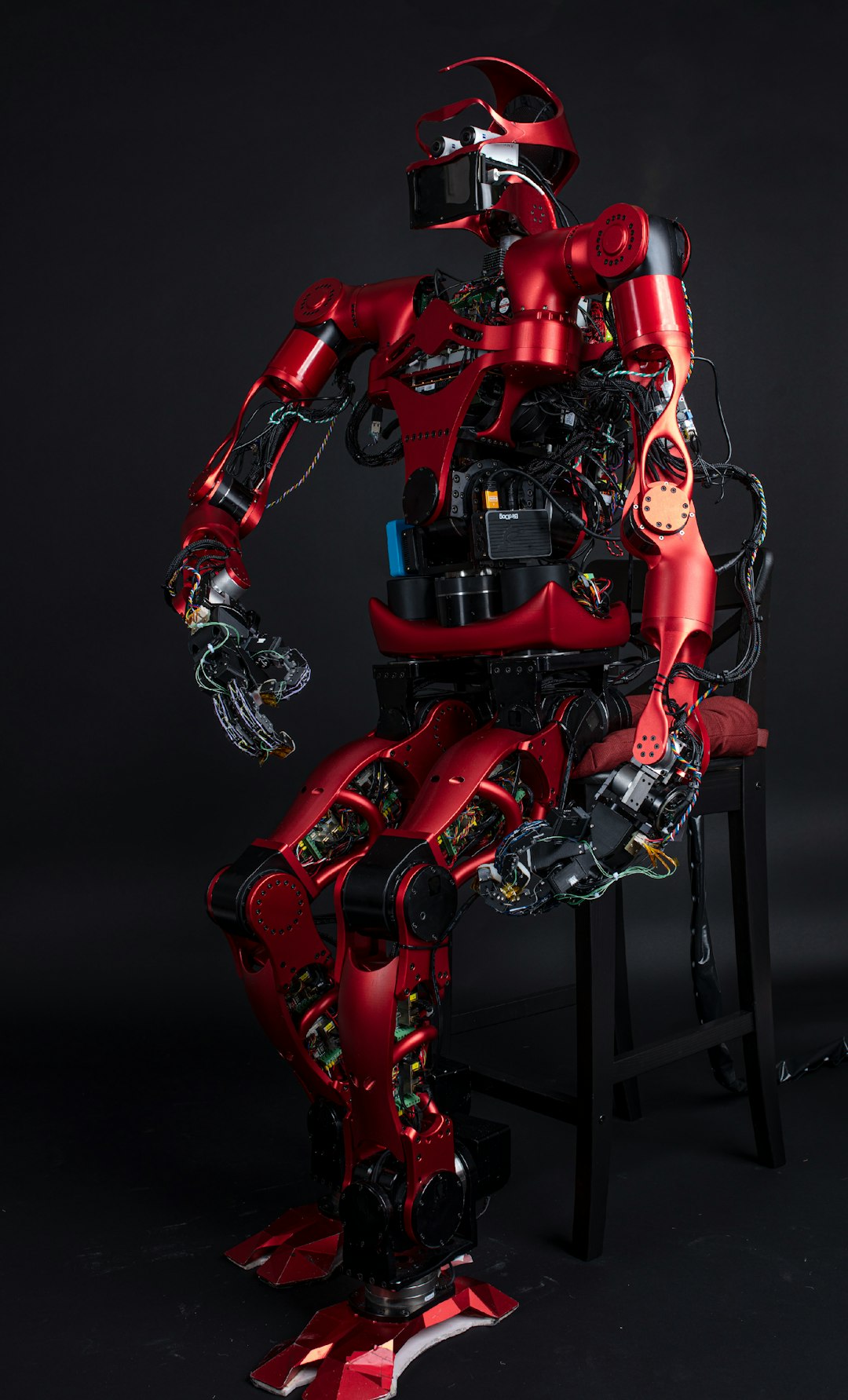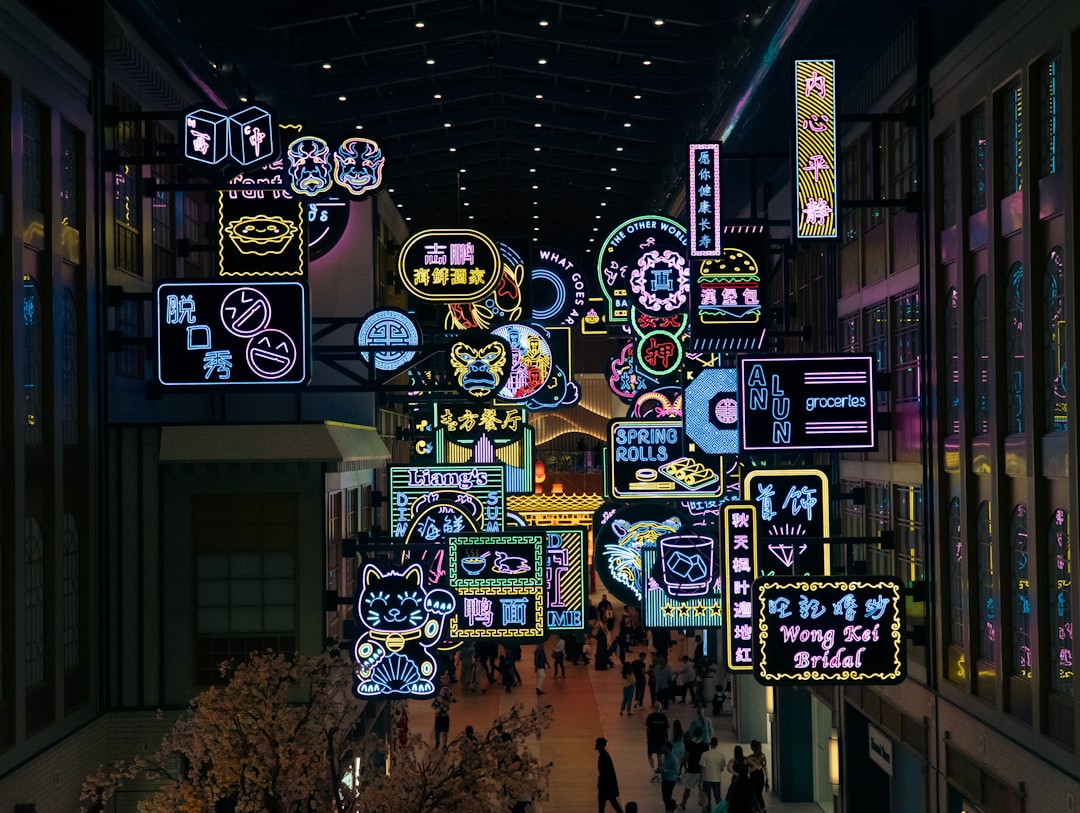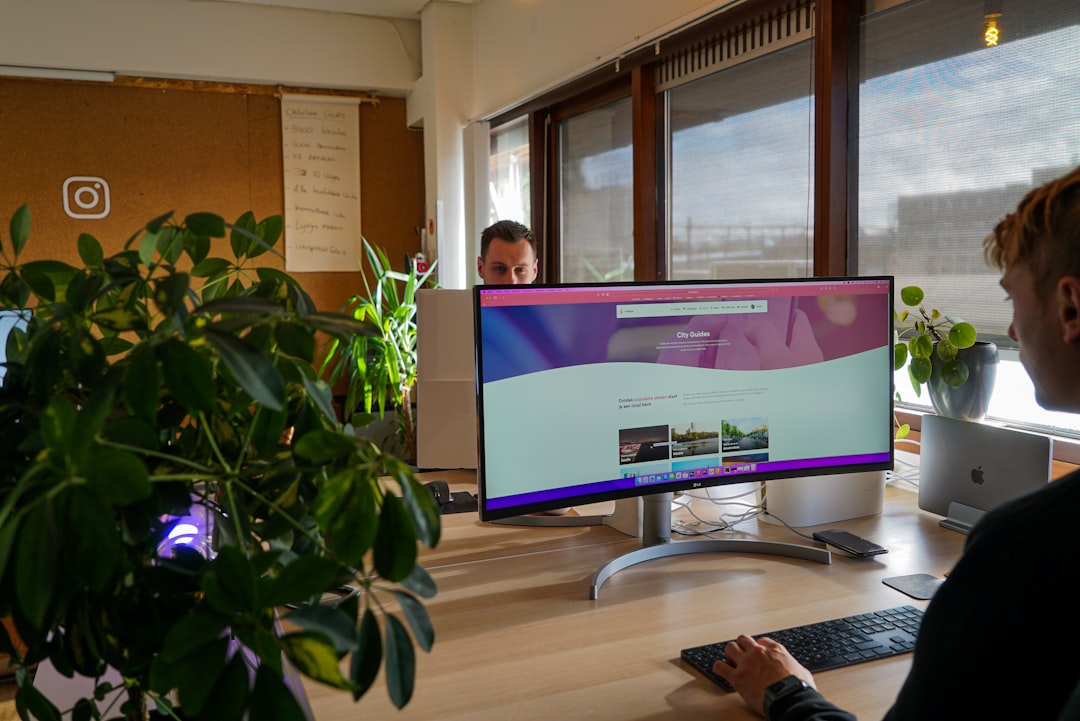In the fast-evolving world of technology, staying ahead of the curve is essential. As we approach 2025, Digital Tech Time is proving to be the ultimate game-changer in almost every aspect of our lives. From artificial intelligence and automation to blockchain and the Internet of Things, we are witnessing a revolution that is reshaping industries and daily life.
The Rise of AI and Automation
Artificial Intelligence (AI) and automation are not new concepts, but their influence is becoming more profound than ever before. Businesses are leveraging AI for customer support, data analysis, and even creative processes. In 2025, we can expect an even greater collaboration between humans and AI, leading to increased efficiency and innovation.
Some key areas where AI and automation are making waves include:
- Healthcare: AI-driven diagnostics, robotic surgeries, and personalized medicine.
- Finance: Automated trading, fraud detection, and AI-powered customer service.
- Retail: Smart recommendations, cashier-less stores, and inventory management.

The Blockchain Revolution
Blockchain technology is no longer just about cryptocurrencies. It offers a new level of transparency and security that businesses and governments are beginning to adopt on a larger scale. As we head toward 2025, blockchain will likely reshape supply chains, cybersecurity, and even digital identity verification.
Some major benefits of blockchain technology include:
- Enhanced Security: Blockchain’s decentralized nature makes it harder for hackers to manipulate data.
- Reduced Costs: Transactions become faster and eliminate the need for intermediaries.
- Improved Transparency: With public ledgers, all transactions can be verified easily.
Smart Cities and the Internet of Things (IoT)
The concept of smart cities is becoming a reality, thanks to the rise of IoT devices that connect everything from traffic signals to home appliances. IoT technology allows for better resource management, reduced waste, and improved public safety.
By 2025, we can expect:
- Autonomous Vehicles: Self-driving cars integrated into city infrastructures.
- Smart Homes: AI-powered appliances that optimize energy consumption.
- Efficient Public Services: Automated waste management and real-time monitoring of public utilities.

Edge Computing and 5G Connectivity
With the expansion of 5G networks, edge computing is becoming more significant. Edge computing processes data closer to its source, which minimizes latency and enhances the performance of real-time applications.
Key advantages of edge computing include:
- Faster Response Times: Since data doesn’t have to travel to a central data center, processing is quicker.
- Improved Privacy: Sensitive information can be processed locally, reducing security risks.
- Better Scalability: Edge computing allows businesses to manage vast amounts of data more efficiently.
The Future of Work: Digital Transformation
Remote work, digital offices, and AI-powered collaboration tools have already changed the modern workplace. By 2025, we will see even greater reliance on hybrid working environments, where digital technology plays a central role.
Key changes in the workplace include:
- Virtual and Augmented Reality (VR & AR): Immersive meeting experiences and remote training.
- AI-Assisted Collaboration: Smart tools that enhance productivity and decision-making.
- Flexible Work Models: Employees working across borders with cloud-based platforms.

Final Thoughts
As we move toward 2025, one thing is clear: technology is evolving at an unprecedented rate. From AI and blockchain to 5G and IoT, these advancements are redefining the way we live and work. Businesses and individuals who adapt to these changes will thrive in the digital era, making Digital Tech Time the ultimate game-changer of our generation.